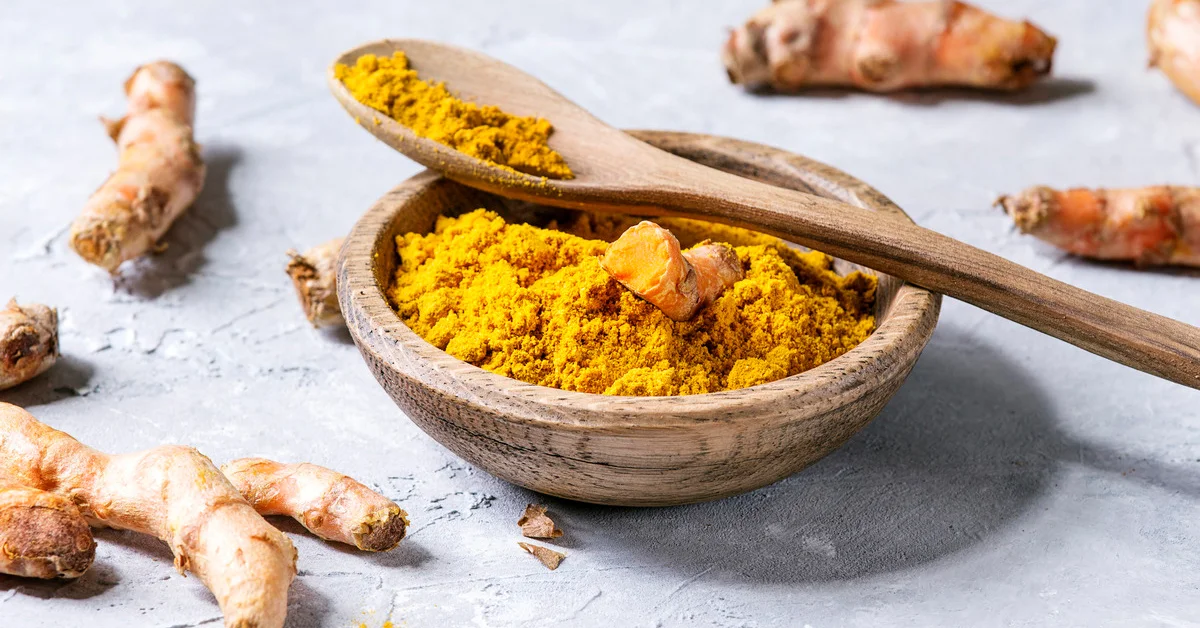|
When we damage a ligament, as performers and athletes, it is vital to prioritise getting a good supply of micro-nutrients to the injury. This can aid healing, reduce downtime and help to prevent repeated issues cased by impaired repair functions. So, how can you use food to heal an injured ligament? Let's explore that Ligaments are tough, fibrous tissues that connect bones to other bones in the body. When they become damaged, whether through injury or wear and tear, they require specific nutrients for proper repair and healing.
It's not necessarily hard for the body to get good supplies of micronutrients to ligaments, but it can be challenging for several reasons:
To help overcome these challenges, it's important to eat a healthy, balanced diet that is rich in micronutrients and to provide the body with the necessary building blocks to support ligament health and repair. Additionally, if you are experiencing chronic or severe ligament damage, you may benefit from working with additional supplementation to boost your body's ability to heal and repair better. Some important vitamins and foods that can help support ligament repair include:
Comments are closed.
|
AuthorThis blog os co-authored by The ISA Team Archives
June 2024
Categories
All
|


 RSS Feed
RSS Feed

3/13/2023